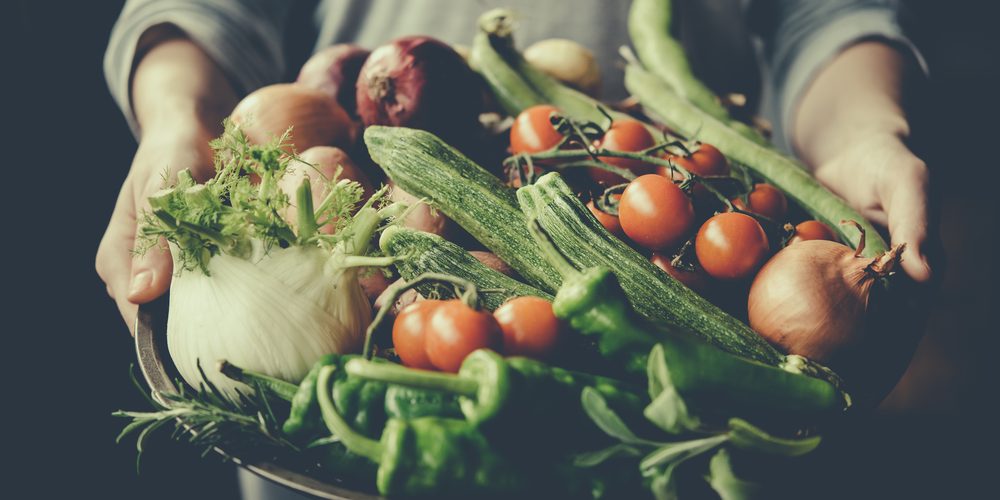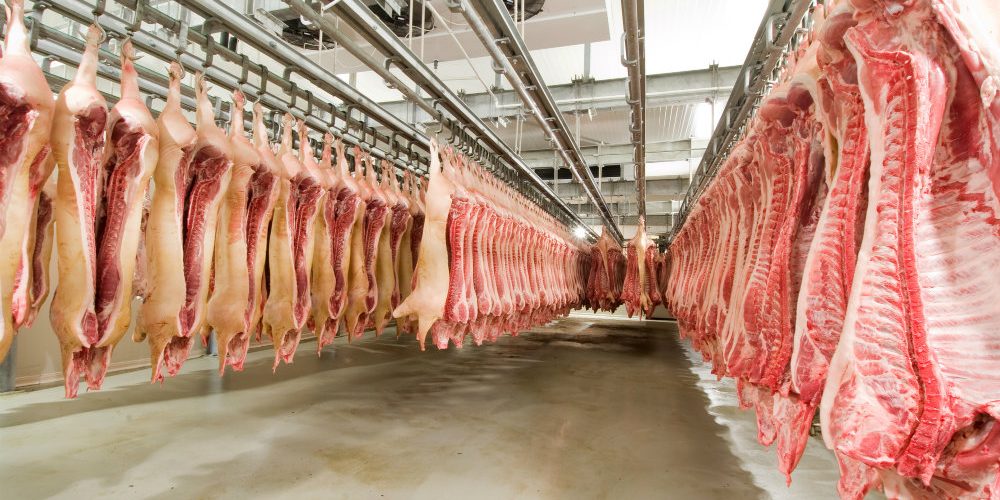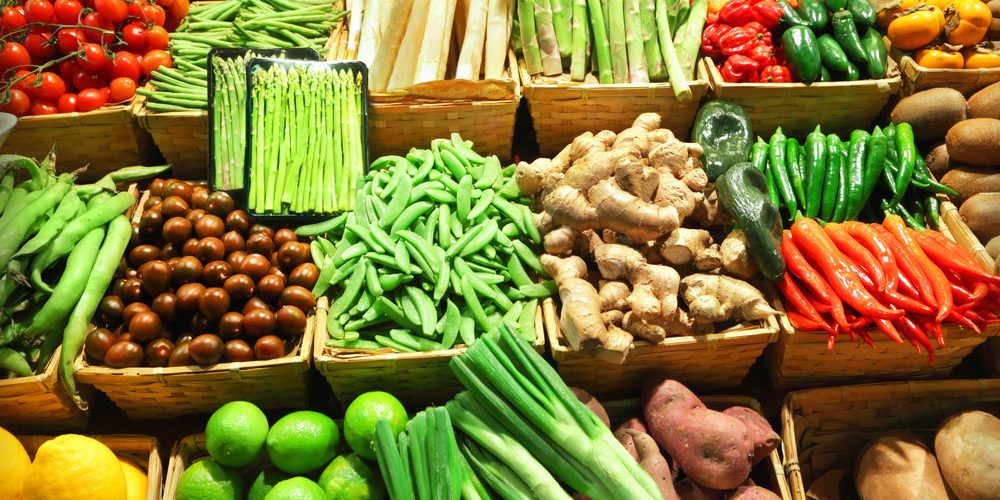Organic foods are those which, when produced, respect all environmental stages. In organic vegetable cultivation, products for pest and industrial fertilizers are not used, and the whole process is carried out with natural products, without pesticides that may cause damage to the soil and the consumer health as well.
The same idea applies to meat and organic eggs production, because the animals do not receive any hormone or anabolic. Thus, organic food is more beneficial to health and more palatable and help the environment as well.
If you are interested in the subject and want to understand more about the organic food market, keep reading this post!
Organic food market growth
Brazil is experiencing today the reflections of an economic crisis that caused the Brazilian purchasing power decrease. Because of rising prices, many industries fail to profit and decreased productivity.
However, the crisis does not seem to have affected organic products farmers. In the country, the number of producers who invest in this promising agriculture reached double. Growth rates can reach 30% in Brazil in 2016, while in other countries are around 5% to 11%.
About three years ago, a law that allows organic products identification showing stamps on their packaging was regulated. Thus, consumers who want a healthier and more sustainable food may differentiate organic food from conventional food.
This fact boosted the sector, which now accounts for about 1.5% of the market food in Brazil. That is, this sector growth is primarily due to a change of habits in the population feeding. Whoever wants to improve their feeding choose foods free of pesticides and hormones, preferring organic to transgenic and conventional foods.
Due to the increase in the sector, natural products stores and specialized supermarkets were opened, generating more visibility to organic products, which were previously little known.
Difficulties in the organic food market
Despite the significant growth, the organic food market is still small and is in the process of consolidation. Organic farming is a practice that requires intensive care and, therefore, spends more expenses than the production of conventional food.
The lack of synthetic fertilizers and pesticides, as well as the use of sustainable practices characterizes the product as organic. Thus, the management is sophisticated and requires more procedures and special tools, which makes the production limited.
Thus, it is important to bear in mind that this type of product will always have a price with higher added value, which can be a challenge in selling to the consumer. Moreover, a significant investment in research must be made, specialized assistance and dissemination of organic food in the country.
The term “organic farming” appears to be a natural and simple activity, though it is not. Specific care requires time, dedication and investment. Supermarkets and shops have realized the great potential of this type of food and they are risking more and more to bring them to their shelves. Thus, the market for organic food is on the way to grow and still captivate more customers!
Will you buy organic food and do not know how to prepare them? Check out the range of gastronomy classes of NAMU Courses platform. You will find vegetarian and vegan recipes and delicious desserts.




